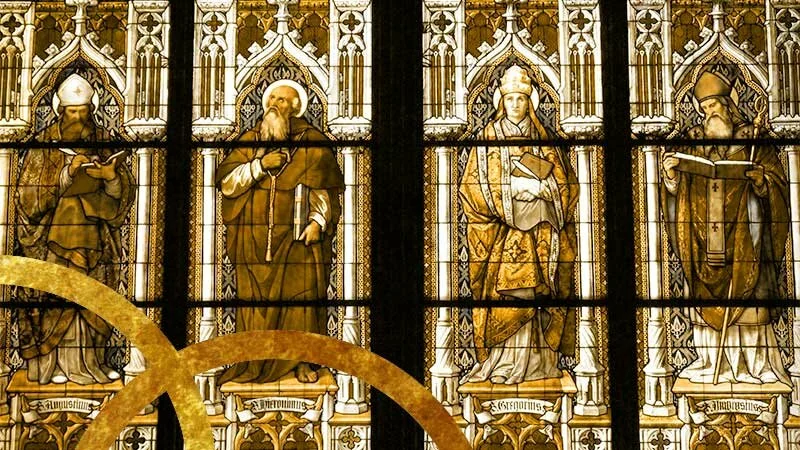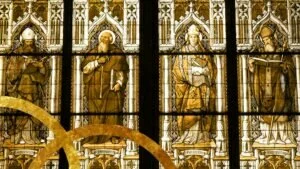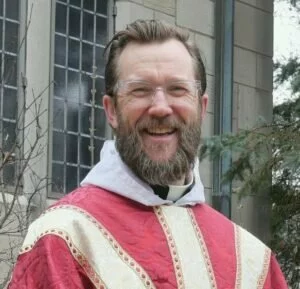Reformation
RCS: Spiritual Disciplines
September, 2019

Worship: Christians Must Meet Regularly
Read MoreKnock on God's Door with the Hammer of Prayer
Read MoreDaniel and Confession
Read MoreFasting and Signs of Humility
Read MoreThe Spirit Produced a Supernatural Unity
Read MoreGood Works Are Our Duty, Not Our Merit
Read MoreThe Blessing of Giving
Read MoreThe Sweet Honey of the Word of God
Read MoreFor as Often as You Eat This Bread
Read MoreOur Life Is a Prayer Before God
Read More Reformation Commentary
Reformation Commentary
Reading Genesis with the Church
April, 2017













